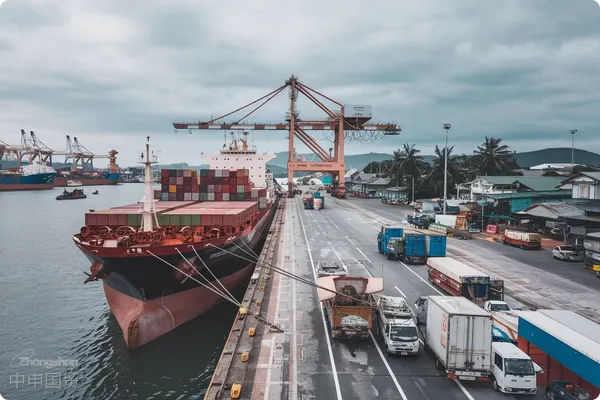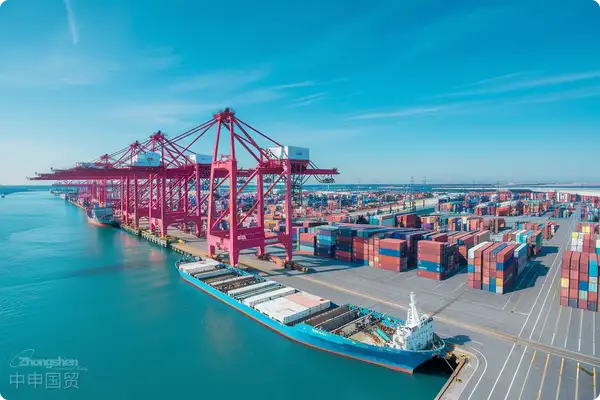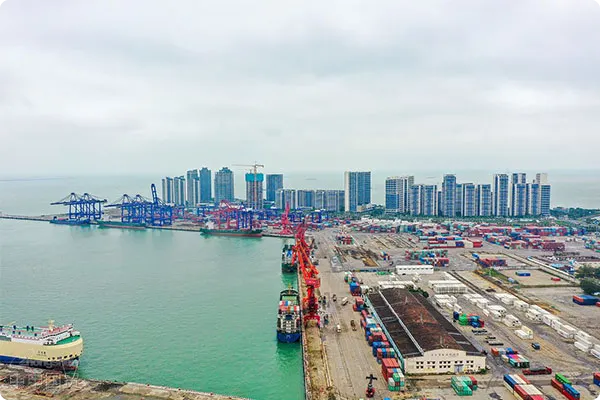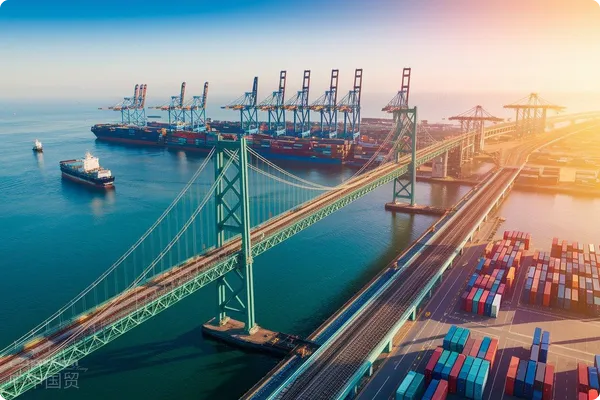- Shanghai Zhongshen International Trade Co., Ltd. - Two decades of trade agency expertise.
- Service Hotline: 139 1787 2118
什么是CIP?
In international trade, it is crucial to understand different trade terms and their applications. CIP (Carriage and Insurance Paid to) means freight and insurance paid to and is a common international trade term. This article will detail the meaning of CIP, the difference from CIF (Cost, Insurance and Freight), and the precautions for using CIP.
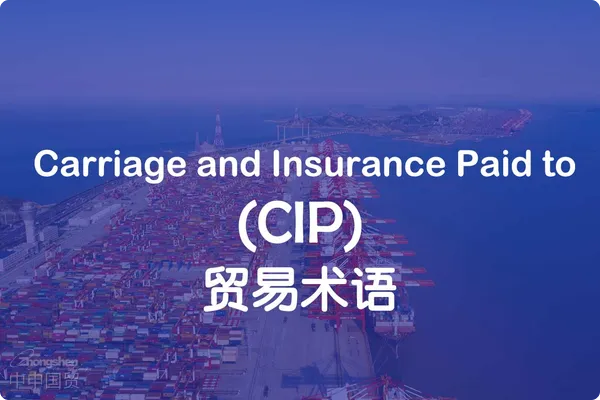
The Meaning of the CIP Trade Term
The CIP trade term stipulates that the seller shall pay all freight and insurance costs for the goods from the starting point to the destination. This means that under CIP, the seller is responsible for delivering the goods to the carrier and bears the costs of transportation and insurance until the goods reach the designated destination.
CIP與CIF的區別
Although CIP and CIF are similar in some aspects, there are obvious differences:
Applicability of Transportation Modes:CIF僅適用于Maritime Transportationwhile CIP is applicable to all modes of transportation, including sea, land, andAir Transportation.
Place of Delivery:Under CIF, the seller takes the port of shipment as the place of delivery. In contrast, the place of delivery of CIP is more flexible and depends on the agreement between the two parties and the mode of freight transportation.
Time Point of Risk Transfer:In CIF, the risk transfer occurs when the goods are loaded onto the ship; while in CIP, the risk transfer occurs when the goods are delivered to the carrier.
CIP和CIF的相似點
Although CIP and CIF have their differences, they also have some similarities:
Price Composition:The prices of both include freight and insurance.
Type of Applicable Contract:CIP和CIF均適用于裝運合同。
Precautions for Using CIP
Risk Assumption:Under CIP, although the seller is responsible for insurance and freight, the risk of the goods from the delivery point to the final destination is borne by the buyer.
2、Insurance Coverage and Amount:If the two parties have not agreed on a specific type of insurance, the seller may choose the minimum insurance level. The insurance amount is usually based on the contract price, plus an additional 10%, and the insured currency is the contract currency.
3、與FCA的比較:Compared with FCA (Free Carrier), under the CIP terms, the seller has more responsibilities and costs, including paying freight and insurance premiums. Therefore, the seller should consider these costs when quoting.
As an important term in international trade, CIP provides clear guidelines for the allocation of responsibilities and costs between the buyer and the seller. When using CIP, it is crucial to understand its differences from CIF, details of risk assumption, and insurance - related precautions.
Related Recommendations
Contact Form
Knowledge Base
Contact Us
Email: service@sh-zhongshen.com
Related Recommendations
Contact via WeChat

? 2025. All Rights Reserved. 滬ICP備2023007705號-2  PSB Record: Shanghai No.31011502009912
PSB Record: Shanghai No.31011502009912

